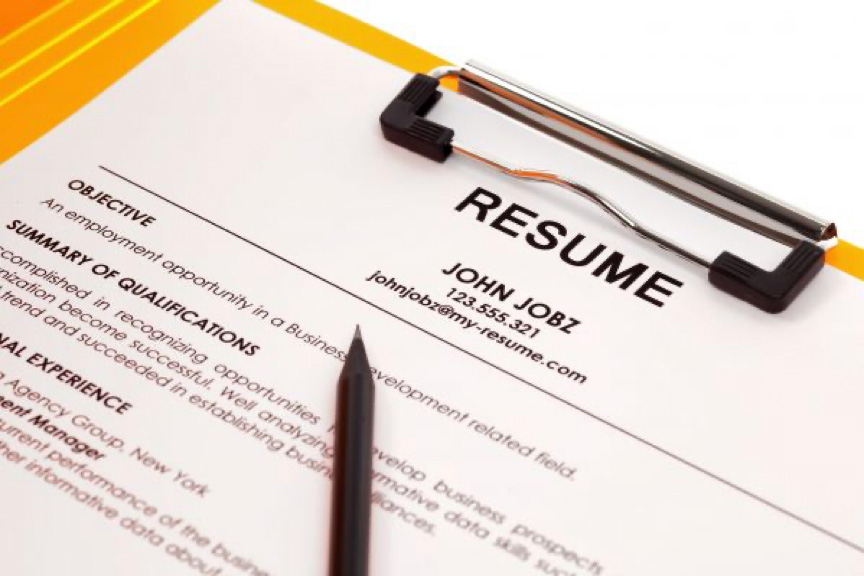Your resume captured the employer’s attention and now it’s time to organize for the interview! Reviewing questions and preparing ahead of time enhances confidence on your big day! Don’t be alarmed with unexpected interview questions. Be prepared to give proficient and thought-out responses, highlighting skills required for the job opening. Do allow room for creativity as you may be asked perplexed questions, and rehearse the questions below with others for constructive feedback. Much success on your interview!
ARE YOU READY FOR YOUR INTERVIEW? CONSIDER THESE QUESTIONS:
1. What are your career goals this coming year?
Share career goals and the steps you’re taking to achieve them. Having long-term and short-term goals paints a professional picture of your dreams and aspirations. Companies like individuals who are motivated and goal oriented.
2. Did your previous employer need improvement in any area?
The idea is to identify potential problems, while offering positive solutions. This is a great opportunity to highlight leadership skills, as well as strategies implemented that have proven successful in the past.
3. Can you describe a challenging scenario, and share how you handled it?
Discrepancies on the job happen, yet how we handle circumstances makes all the difference. Think outside the box and get creative when pondering different solutions. For instance, you can share of a scenario when you went beyond your job duties to assist a client who was upset gathering resources, making phone calls, and more. This scenario shows employee flexibility, dedication, and strong leadership skills.
4. What are looking to gain from our company?
Rather than focusing on pay rate and employee benefits, consider other positive attributes the company offers like longevity and opportunities for career growth.
5. What are your professional strengths?
The interviewer wants to know what you have to offer to the company. Why should they choose you over other job candidates? Highlight attributes you possess that pertain to the job position at hand. For example, if you are applying for a customer service role, mention your people skills and ability to be a team player. Creating a self-assessment list prior to the interview can also prove beneficial.
6. What professional areas are you looking to improve?
My recommendation is to share attributes that can be tolerated by other colleagues. These should be traits that can be worked on over time. For example, becoming more proficient in another language, learning a new software program, or getting to know co-workers.
7. Why are you leaving your current employer?
The company is curious as to why you chose to resign from your current position. Be honest about circumstances causing you to leave or seek for new employment opportunities.
8. Why are you applying for this position?
Why did you choose this company over other employment opportunities? This is a great time to express your passion and qualities that make you the perfect candidate for the job. Share features that make the company stand out from other employers. For example, mention the length of time the company has been in business, or the professional assistance you’ve received since day one.
9. Are you willing to relocate for work if needed?
It’s important to show flexibility, but also be realistic in your response. Share work accommodations that fit your schedule and current lifestyle. Perhaps you are flexible and willing to relocate, yet only within the same state or county. Most companies will value your desire for a fair compromise.
10. Do you have any questions for me?
Be prepared to ask questions. This shows interest in part of the potential job candidate. This is also a good time to inquire on company benefits, scheduling, and job expectations.



